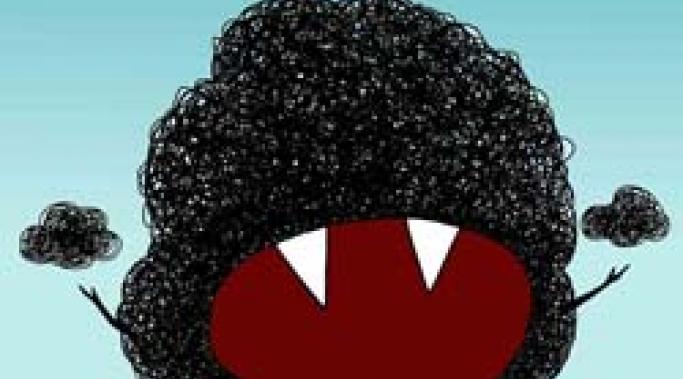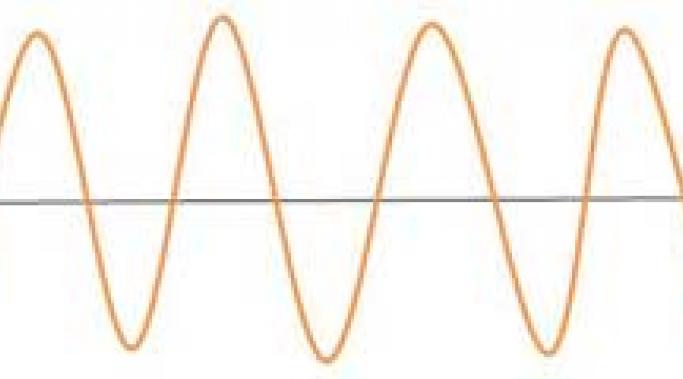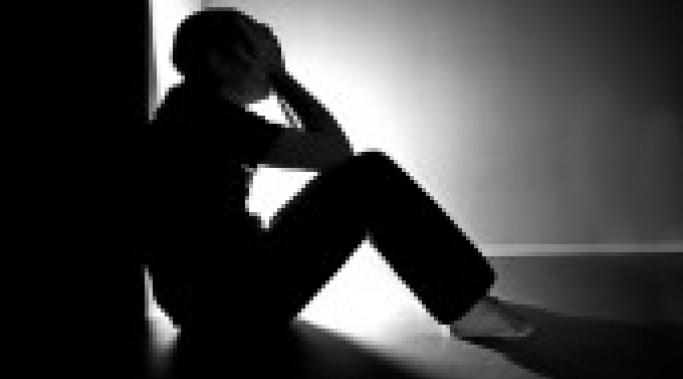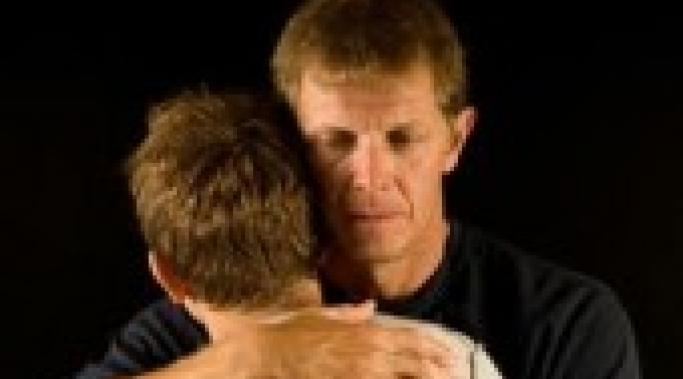You walk into the counselor’s office to talk about your depression. Your symptoms include fatigue, poor concentration, decreased libido, moodiness, sleep disturbance, appetite change, nervousness, disorganization, relationship conflict, irritability, poor work performance, withdrawal from others. Yep, your counselor agrees, you have symptoms of depression. The next step should be to figure out WHY you have these symptoms of depression.
Coping with Depression
Something triggers a bad day. A poor night’s sleep. Receiving bad news. Stress at work. Relationship worries. It could be anything. We would hope that if we are going to be upset, it would stick to that one trigger and we can figure it out and get over it. But it doesn’t work that way, does it? Depression is a sneaky little monster that whispers negative, depressing thoughts in your ear, feeding and fueling itself, and pretty soon you are not just thinking about what triggered you, you are spiraling, going round and round in your head about every other thing that has ever gone wrong in your life. Depression Monster wins again.
It has been nearly three weeks since my last of six ECT treatments. And I feel great! ECT (Electroconvulsive Therapy) may be the most controversial treatment that exists for mental illness. In my case, it was severe depression that did not respond to antidepressants and talk therapy.
"I don’t need help! I don’t need antidepressant medications. I don’t need counseling. I just need more will power.”
It is a myth that people can relieve their depression by just trying harder to “get over it”. Yes, negative thinking can make it worse and positive thinking can help. And yes, it is “normal” to get depressed sometimes. So what is the difference between a normal reaction to something and having depression that needs intervention?
Hi, my name is Amie Merz and I'm glad to be teaming up with Jack Smith on this blog and sharing my thoughts, knowledge and experience on coping with depression. I am a counselor in private practice (my credentials: MA, LPC, NCC, CASAC, ICAADC, SAP) in a rural area south of St. Louis, MO. in the United States. I have worked in the mental health field since 1991, with all age groups, income levels, issues and dynamics. I have learned that mental illness does not discriminate; so many people have been affected by it. My hope is that the negative stigma of getting help can continue to fade away so we can help more people feel better.
That which doesn’t kill us only makes us stronger. We’ve all heard the cliché.
That may ring true for some, but not for me.
My depression has been raging these past few weeks, putting me through a hellacious test. Only it hasn’t made me stronger. It’s made me weaker. It’s made me tired. And it’s frustrated me to no end.
I’m an impatient patient.
When I was first diagnosed with depression seven or so years ago, my doctor prescribed me an antidepressant medication, warning me that it might take 2 to 4 weeks before it made any difference.
Boy was that an understatement.
Depression is a family disease. Not just because it runs in families—but because it can ruin families.
Yet it doesn’t have to be that way. I am a happily married man with three wonderful children, and yet I suffer from depression. And my depression affects the whole family.
Children are incredibly perceptive. My 8-year-old picks up on it even when my bouts with depression aren’t so severe. My 10-year-old keeps things inside, so he rarely comments about it, but he notices.
An apple a day keeps the doctor away. So what does one do for depression? I’m not really sure, but there seems to be ample evidence of the importance of good nutrition in battling depression.
That’s not such good news for me, and I imagine others who suffer from depression feel the same way. It’s hard enough to make sure I take my various medications at the right time every day. Add the stress of balancing work and family—including three active kids who play sports year-round—and eating well ranks pretty low on the list.
My wife recently left a note by the bed that hit me right between the eyes. And it hurt.
“I’m not sure what is going to make you better, maybe nothing,” she wrote. “I’m not sure what else there is out there to try. Right now, I feel like we are back in a bad place, and I am finding myself exhausted and apathetic.”
It got worse.








